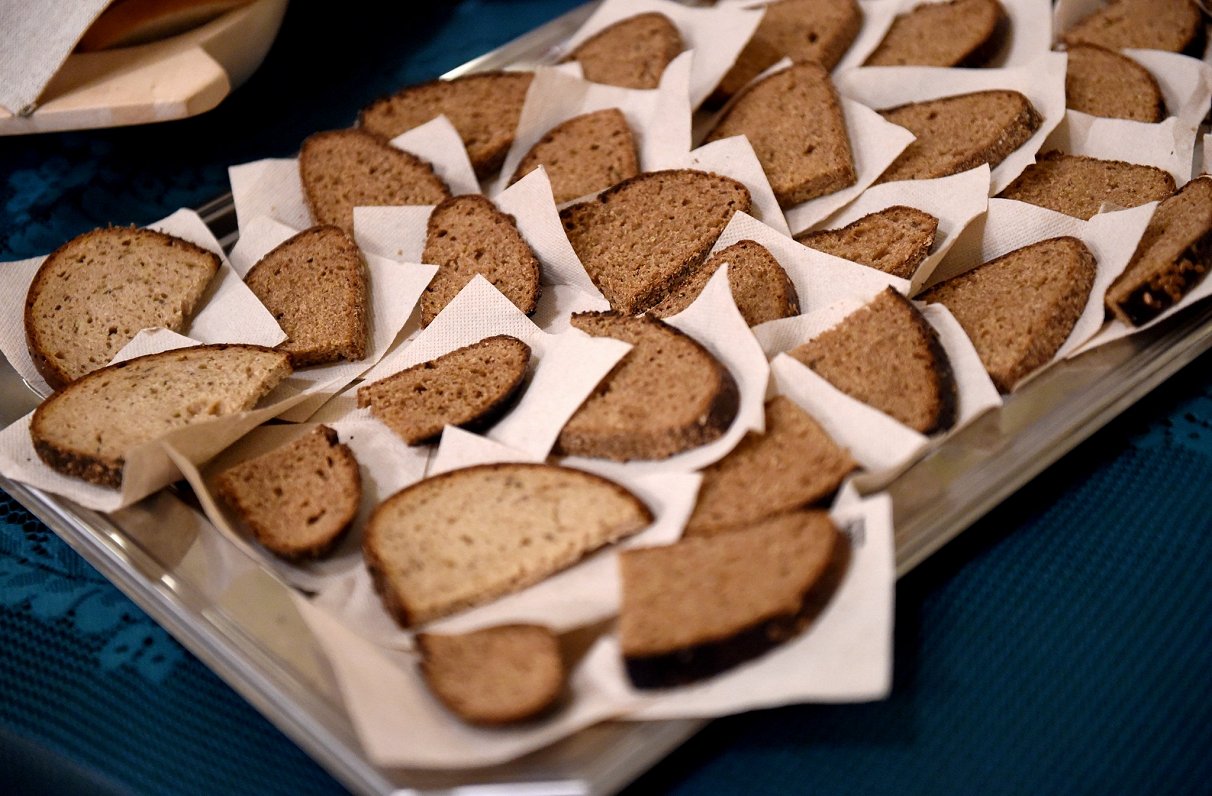Already, baked goods' prices have risen by 10%, but next year, production costs can rise by half. Small producers may not withstand this tension and leave the market.
“Dvinska Plus” is a small bakery in Daugavpils, which was not so long ago forced to raise the price of the production by 10%. The company offers pastries, biscuits, and culinary.
Representatives of the company said: "Products go to Jēkabpils, Rēzekne, Preiļi, Līvāni, Daugavpils. We had no other options but to raise the price. We raised it by about 10% because raw materials also got more expensive, the price for electricity, fuel climbed."
Everything is made with electric ovens, and consumption is high. “15,000 [kilowatt-hours] are spent a month.” Customers understand that prices are rising because it is not our decision. The price had to be raised so that simply we could continue to work,” the company said.
This is a trend that is apparent throughout the country and is painfully felt by bread producers. Head of the Latvian Bakers' Association Kārlis Zemešs said: "The situation, in general, is very, very bad, and the worst impact is the rapid rise of raw materials. Flour prices have climbed 35-40% between September and November. Electricity prices have doubled, if not more; if gas is used in the baking process, gas prices have climbed six times in my business in particular."
The pandemic also played a negative role as the consumption of bread has declined.
"There were no schools, not many catering establishments, remote work, work from home, many changed eating habits or the need for bread. Shop attendance and working time have also greatly affected all of this because stores minimized orders, no one wants to work with losses. According to the latest figures, bread consumption has decreased by 10 percent during the year," Zemešs said.
The Latvian Bakers' Society predicts that prices for bread will grow, but real costs for bread producers will be higher than the consumer will feel.
"There has been a strong increase in competition between companies, and competition is the one that currently holds prices in place. But looking at the prices on the shelf, it must be understood that the price of bread cannot rise endlessly. Then it won't be sold, and then it's not about the product of first necessity. 30% would be the normal increase, at this rate, and given both the shop's interests and the surcharge, then it would be up to 50% at the end,” Zemešs said.
This is why producers are looking carefully at government decisions, aid should be provided, otherwise, businesses will disappear.
“They're all taxpayers, and the small business, the small producers, will be leaving first, they just won't withstand that tension. Our talks about VAT cuts do not go up, usually those recommendations on VAT cuts for food products are rejected by the government,” Zemešs explained.



























